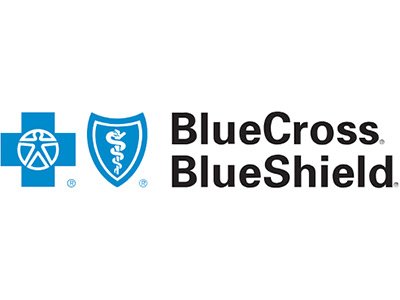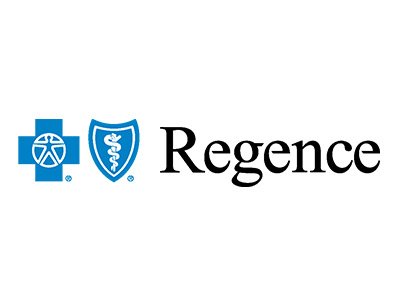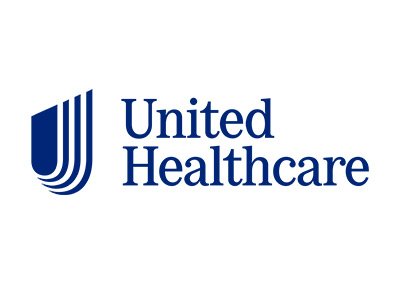What is the difference between a nutritionist and a Registered Dietitian?
In summary, all Registered Dietitians (RD or RDN) are qualified nutritionists, but not all nutritionists hold the Registered Dietitian Nutritionist credential. The term "nutritionist" is not regulated, allowing anyone to use it, which complicates distinguishing individuals with comprehensive nutrition education (e.g., CN or CNS) from those with minimal training such as weekend courses or self-study.
The Registered Dietitian Nutritionist (RD or RDN) designation is nationally recognized and provides certain assurances. It indicates that the individual has met specific criteria, including obtaining at least a bachelor's degree in nutrition science, completing a supervised practice program of over 1200 hours, passing a national registration exam, and fulfilling extensive continuing education requirements for license renewal. Our dietitian nutritionists are also licensed in states where licensure is mandatory.
Other practitioners who may identify as nutritionists, such as health coaches, holistic nutritionists, nutrition therapy practitioners, and personal trainers with "nutrition certifications," may lack formal nutrition training. Consequently, their services are ineligible for insurance reimbursement nationwide because they are not recognized as nutrition experts.





























Recent “graduate” from Side by Side Nutrition. I started working with SBSN to figure out how food worked after having an eating disorder for years. And I’m so happy I got so much more than that! SBSN introduced me to Self-Compassion and met me with an approach that never included shaming me. I looked forward to our sessions every week, even if I hadn’t done any of my work, because I knew she’d be understanding and work with me to figure out what I needed to make it happen. And none of that compassion and presence was lost when we had to switch to telehealth. When I started, I didn’t think healing from an eating disorder was possible. And I never in my wildest dreams imagined that I’d come out of it with an unshakable love for my body (certainly not a plus size body with chronic illness)! I’m so glad circumstances sent me here because I know I wouldn’t have gotten to this place with my previous dietician! I am STRONG, I am CONFIDENT, and I am in LOVE with myself! Thank you so much for helping me on my journey here! It wasn’t easy, but it was so worth it!
Michaela Myers